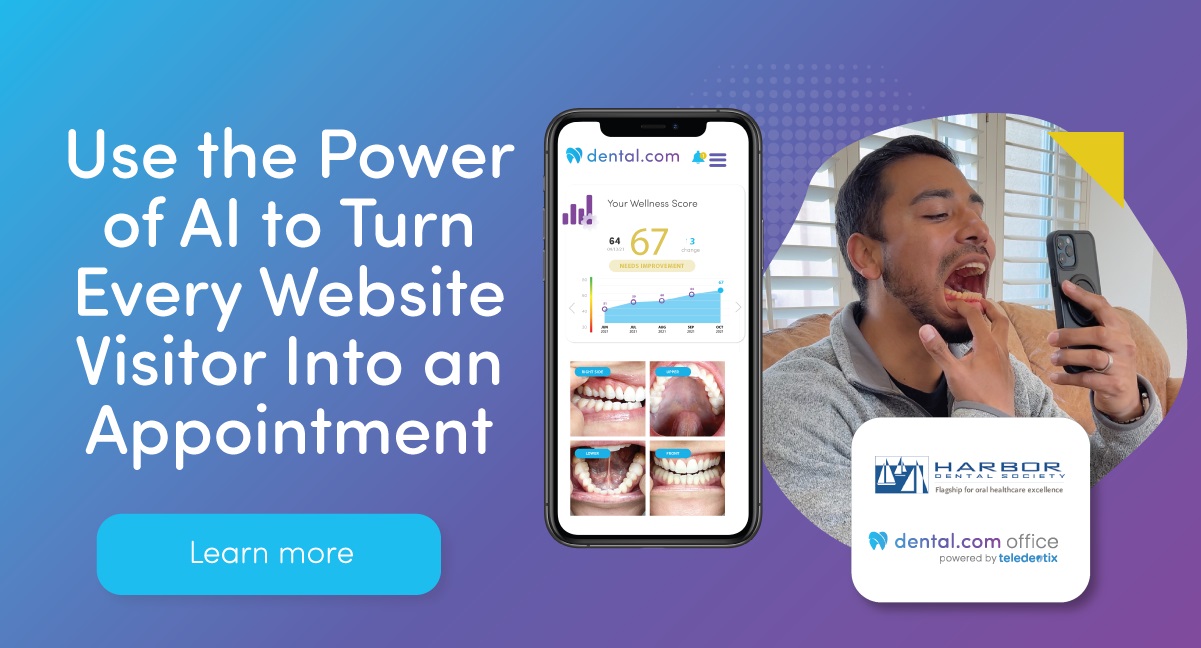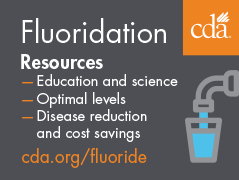Members as employers seeking dental staff may post jobs online and/or contact the colleges:
Dental Assistant
There are three categories of dental assistant.
- Dental Assistant (DA)
- Registered Dental Assistant (RDA)
- Registered Dental Assistant in Extended Functions (RDAEF)
Under the supervision of the licensed dentist, the dental assistant (DA) may perform duties such as preparing patients for dental treatment, preparing materials to be used in dental procedures, assisting the dentist at chair side, and taking and processing x-rays. This category does not hold a license.
The RDA performs all of the tasks and procedures of the dental assistant, but because of their licensure status are permitted to perform other dental treatment procedures within the scope of their license.
Like the RDA, the RDAEF can perform all of the tasks and procedures that dental assistants are able to perform, but as a result of their additional education/training and licensure, are allowed to perform additional dental treatment procedures within the scope of their license.
In addition the RDA and RDAEF can pursue additional specialty permits. The two permits that can be earned are the Orthodontic Assistant Permit and the Dental Sedation Permit. Both of these designations allow for additional functions to be performed. By designations require additional training and testing.
Dental offices are required to post a list of allowable dental auxiliary duties in the office.
Dental Hygienist
Dental hygienists are important members of the dental health care team who work with dentists to provide dental care for patients. Dental hygienists use their knowledge and clinical skills to provide dental hygiene care for patients and communication skills to instruct patients on methods to improve and maintain their oral health.
A career in dental hygiene can be achieved with a minimum of two years of college education. This education prepares graduates to provide dental hygiene care to patients in dental offices, clinics, and educational or health care institutions. All hygienists are licensed by the state. Additional education and experience may prepare dental hygienists for a variety of other career opportunities.
Dental Laboratory Technician
Dental laboratory technicians create dental prostheses replacements for natural teeth. Their work enables people who have lost some or all of their teeth to eat, chew, talk, and smile much as they did before.
They do not work directly with patients; however, they follow detailed instructions provided by a dentist. As such, technicians are part of the dental care "team," along with dental assistants and dental hygienists.
Dentist
A dentist is trained and licensed to practice the diagnosis, treatment, and prevention of diseases, injuries, and malformations of the teeth, jaw, and mouth. Most dentists practice general dentistry, giving them the capability to provide comprehensive care to a variety of patients. Some dentists choose to limit their practices to a recognized dental specialty:
- Endodontics
- Oral and Maxillofacial Surgery
- Oral and Maxillofacial Radiolgoy
- Oral and Maxillofacial Pathology
- Orthodontics
- Pediatric Dentistry
- Periodontics
- Prosthodontics
- Public Health Dentistry
A dental education requires a bachelor's degree and four years of dental school. If you decide to go into one of the nine specialties, you'll need a minimum of two years additional schooling.
California Dental Schools
- California Northstate University College of Dental Medicine
- USC School of Dentistry
- Loma Linda University (LLU) School of Dentistry
- University of California, Los Angeles (UCLA) School of Dentistry
- University of California, San Francisco (UCSF) School of Dentistry
- University of the Pacific (UOP) School of Dentistry
- Western University of Health Sciences







